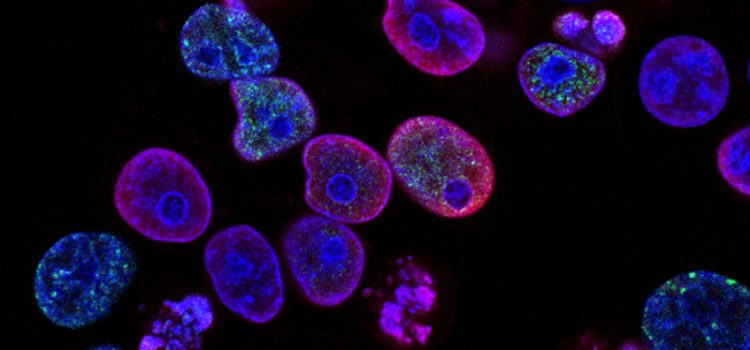
The field of genetics has seen tremendous advancements in recent years, and one of the most promising breakthroughs is the development of CRISPR technology. CRISPR, which stands for Clustered Regularly Interspaced Short Palindromic Repeats, is a revolutionary gene-editing tool that allows scientists to edit DNA with unprecedented precision and efficiency.
CRISPR works by using a protein called Cas9 to cut and edit specific sections of DNA. This technology has the potential to cure genetic diseases, improve agricultural yields, and even eliminate invasive species. It has already been used to edit the genes of mice to prevent muscular dystrophy, and has shown promise in treating genetic disorders such as sickle cell anemia and Huntington’s disease.
While the potential benefits of CRISPR are immense, there are also concerns about the ethical implications of manipulating the genetic code of living organisms. Some worry that CRISPR could be used to create “designer babies” with specific traits or that it could be used as a weapon to create biological agents.
To address these concerns, there is a growing consensus among scientists and policymakers that CRISPR should be subject to strict regulations and ethical guidelines. Many countries have already implemented regulations governing the use of gene-editing technology, and there is ongoing debate about the appropriate level of oversight.
Despite these challenges, the potential for CRISPR to revolutionize genetics and transform the world is undeniable. With its ability to edit the genetic code of living organisms, CRISPR has the power to control evolution in ways that were once unimaginable. As scientists continue to explore the possibilities of this groundbreaking technology, the world will undoubtedly be transformed in ways we can only imagine.










